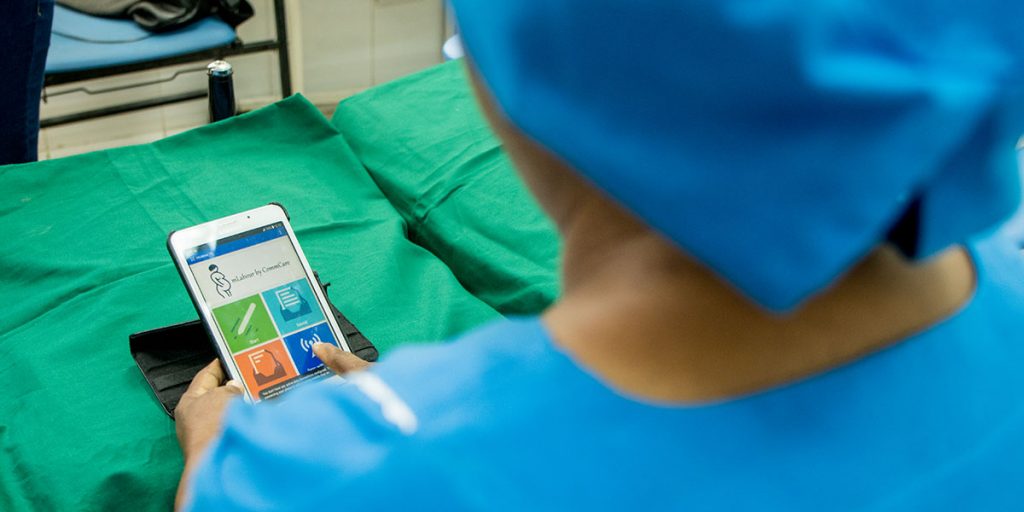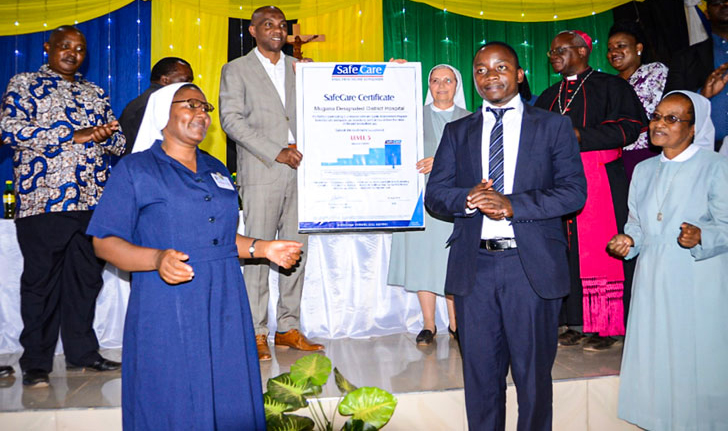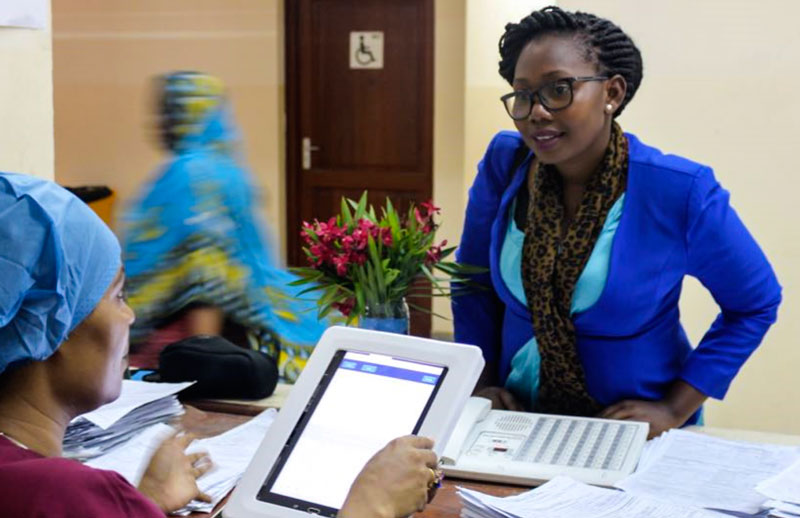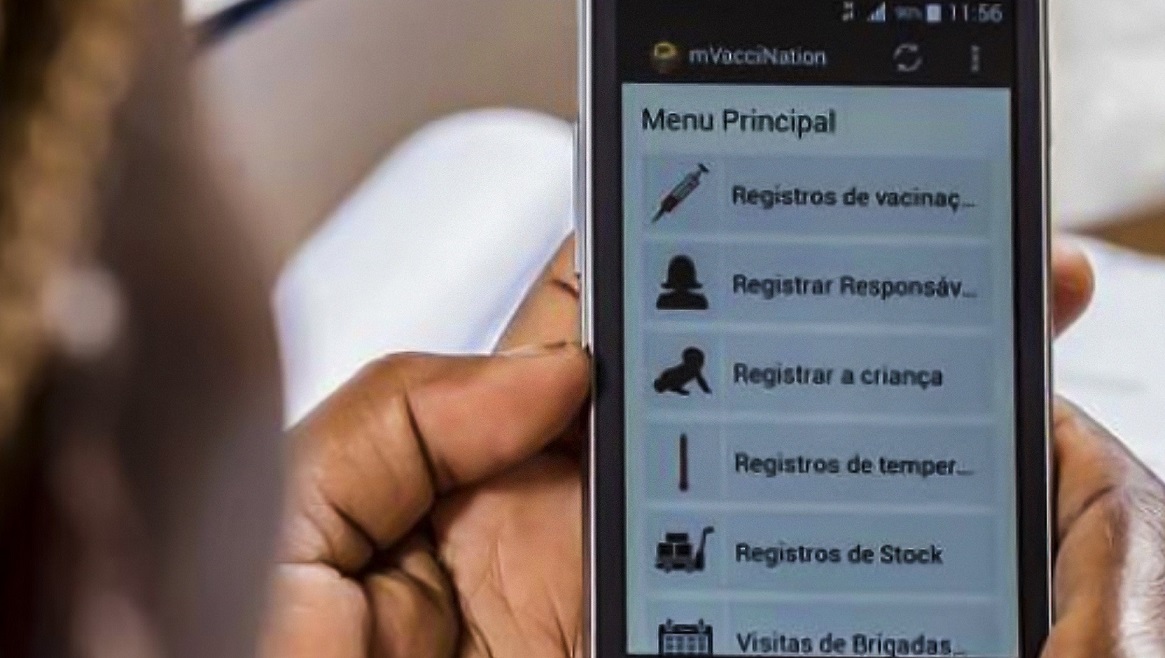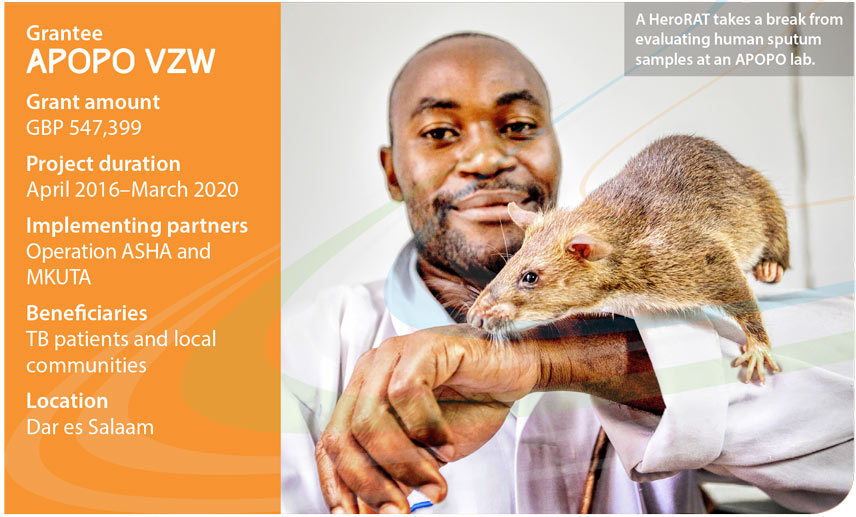Challenge
In 2013 increased investment in Tanzania has not yet translated into improvements in coverage, quality and sustainability of water and sanitation services. Around 45% of the population did not have access to an improved water source and over 80% did not have access to adequate sanitation. Availability of water and sanitation facilities in schools and health facilities was poor; this in turn undermined the quality and outcomes of education and health services.
An estimated 54% of rural water points were non-functional, reflecting poor quality and inappropriate approaches, a focus on hardware and neglect of the management, technical and financing issues that are critical to sustainability. In addition, approaches to sanitation and hygiene promotion had not resulted in increased uptake of sanitation or sustained changes in hygiene practices.

